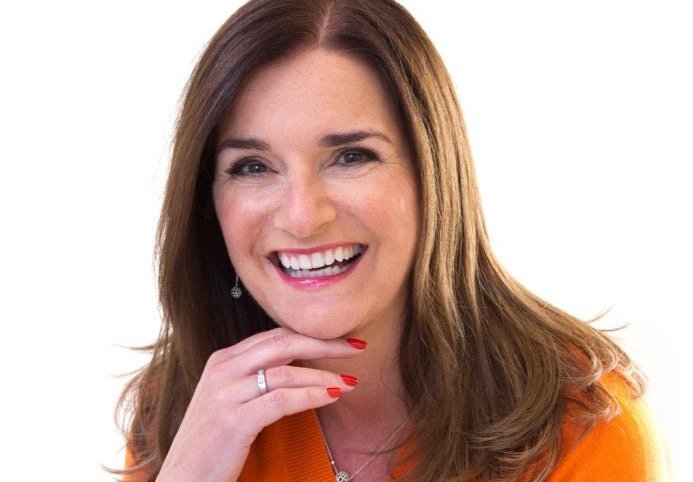
How to write a career change CV
Changing careers in mid-life is becoming increasingly common. A recent survey by...read more
Women who work in mid-life have better health outcomes than those who don’t, according to a new study.

Women who work consistently during their prime mid-life working years have better physical health than non-working women later in life, according to a new study.
The study by Jennifer Caputo, research scientist at the Max Planck Institute for Demographic Research, found that working women are also less depressed over the next decades as they enter old age, and even live longer.
In the study, published in the journal Demography, Caputo and her co-authors analysed data from the National Longitudinal Survey of Mature Women in the US. The survey began in 1967 with about 5,100 women aged 30-44, and followed them until they were 66-80 years old in 2003.
Their analyses showed that women who regularly worked for pay during the first 20 years of the study reported fewer physical health limitations and symptoms of depression as they aged over the next 16 years than women who didn’t work for pay, including housewives. They also had more than 25 percent lower risk of having died by 2012.
Consistently negative experiences with work did appear to take a toll on women’s health later on, the study showed. Those who perceived discrimination at work, didn’t particularly like their jobs and said they did not feel committed to their work had poorer physical and mental health as they aged. However, women with these experiences were still healthier in late life than non-workers, the researchers said.
Caputo said: “Many women in this study went to work in low-status or traditionally male-dominated fields. It is perhaps especially telling that, despite these less equitable conditions, they were healthier later in life than women who didn’t work outside the home.”
The authors also found that taking into account income, occupational class and hours worked did not fully explain why working women were healthier and lived longer than non-working women.
“Our findings support the conclusion that women’s health is benefitted by being employed, regardless of their economic situation and even if they don’t always have the best working experiences,” says Caputo. She adds: “For the first time we were able to show a positive long-term relationship between working at midlife and health over many following years, even past the age of retirement.”